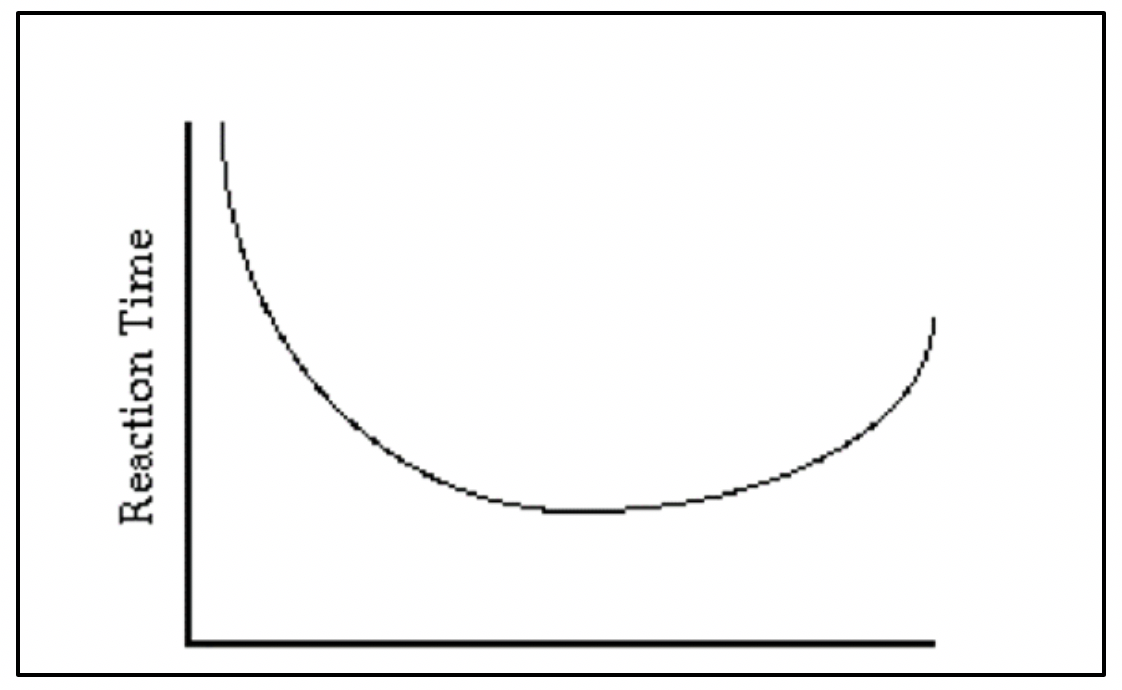Pain and poor sleep will impact brain function.
Back pain can impact every facet of our lives. It makes the days seem longer and can leave little escape at night. However, if your back pain keeps you awake, there is some good news. There are steps we can take to alleviate our pain and get a good night of rest.
Change How You Sleep
The way you sleep, and what you sleep on, may directly influence pain levels. The more pain you have, the more often you'll wake up at night. Sleeping on your stomach can compress your spine, especially in the lower back and neck. This increases pain, so try sleeping on your back or side. Place a pillow between your knees if you are a side sleeper. If you prefer sleeping on your back, put a cushion beneath your legs. You also want your mattress to be firm and supportive without being uncomfortable. The most important factor in determining the best mattress for you is your own condition. You need to be able to relax on it, and your body should be at ease in your chosen sleep position.
Rethink Your Diet
What we eat can alleviate or increase pain. Certain foods target joint pain, which can be the cause of back issues. Fruits rich in vitamin C, like pineapple and citruses, can be beneficial. Ginger, garlic, and leafy greens should also be incorporated into meals. You also want to eat things to decrease inflammation. Antioxidants like blueberries can provide relief. Raw oats scrape your insides clean and allow healthy gut bacteria to flourish, which reduces inflammation and pain. Cruciferous vegetables are high in vitamin K, so add broccoli or other leafy greens to fight off discomfort at night.
Exercise to Ease Pain
One way to ease pain is to increase your core strength. Before you start any exercise regimen, speak to your doctor. If you want to use weights, do not use heavy ones. This can injure the spine further. Instead, use your bodyweight at first. Planking is a good beginning exercise. Add in some lateral leg lifts, Supermans, and partial sit-ups. Do a few of each every day, and you may notice an improvement in posture, balance, and how your back feels at night. Don’t exercise too close to bedtime because the adrenaline can keep you awake.
Stretch Before Bed
Doing stretches before you go to bed can be a good way to lessen back pain. Yoga can increase strength while improving your flexibility. As with working out, speak to your doctor about specific positions to avoid. If you do start a yoga regimen, stick with easy, gentle positions, like cat, cow, spinal twists, and downward-facing dog. These movements are soft but focus on the back to help loosen tight muscles. They are best done right before bed as they help to relax back muscles. This may increase your likelihood of falling and staying asleep.
Improve Sleep Hygiene
The way you prepare for bed can dramatically impact how well you sleep. Limiting alcohol and stimulants, like caffeine, can ensure a good night’s rest. Eating a large meal right before bed can keep us awake because we’re still digesting it. While processing food, it's best to be in an upright position. Otherwise, we may experience heartburn, which can wake us. Go to bed at the same hour and wake up at the same time as well. This can help our bodies know when it’s time to get sleepy.
Don't tolerate poor sleep when you have back pain. By tweaking your daily habits, you can drastically improve the quality of your sleep!
How does poor sleep and/or back pain impact brain function?
Previous posts have given examples of how many things impact brain function. The purpose of all the above suggestions is to help you optimize your sleep habits – and your brain function. The Brain Gauge can be used to derive an optimization or a tuning curve for any lifestyle tweak.
Here’s an example of a tuning curve for one of the measures that you get with the Brain Gauge (reaction time). Note that the optimal value is the lowest reaction time, but after too much arousal, reaction time gets worse (this is discussed more fully in another post here)

You may wonder why measuring brain function would be important if you are trying to optimize sleep. After all, you could just keep a sleep diary – and the more you optimize your lifestyle to maximal sleep, the better, correct? Actually, there are some interesting studies that have reported that people that routinely sleep more than 8 hours are more likely to have cardiac arrests. Quality of sleep is difficult to evaluate – and a primary purpose of sleep is to recharge your brain. Six hours of sleep might be more effective on some nights than eight hours of sleep. What’s a good way to record and monitor this? Here’s an example of one case where quantity of sleep impacted brain function.

As you can see in the graph above, scores were severely impacted by low quantity of sleep. As hours of sleep increased, scores improved.
The relationship between pain and brain function has been discussed in a number of previous posts (just type “pain” in the search and you will find lots of reading material!). As you now know, there are many things you can do to improve your sleep, and with the Brain Gauge you can actually measure how improved sleep benefits your health.
